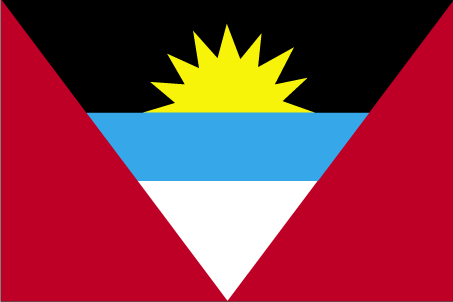United States Israel Canada United Kingdom Russia Australia Germany Singapore France China Belarus Poland Netherlands Sweden Argentina Italy Brazil Spain Ukraine South Africa Finland Switzerland India Ireland Turkey Lithuania Czech Republic Belgium Mexico New Zealand Austria Japan Denmark Norway Hungary Latvia Serbia Greece Romania Estonia Hong Kong Indonesia Philippines Croatia Georgia Portugal South Korea Chile Togo Slovakia Thailand United Arab Emirates Bulgaria Colombia Vietnam Malaysia Slovenia Uruguay Puerto Rico Kazakhstan Taiwan Saudi Arabia Cyprus Jamaica Peru Egypt Bosnia and Herzegovina North Macedonia Iran Luxembourg Armenia Moldova Costa Rica Azerbaijan Panama Nigeria Uzbekistan Ghana Morocco Bangladesh Venezuela Albania Iceland Bahrain Montenegro Jordan Algeria Malta Dominican Republic Pakistan Kyrgyzstan Ecuador Tunisia Lebanon Sri Lanka Kenya Iraq Paraguay Trinidad and Tobago Bolivia Qatar Kuwait Cameroon Bahamas Monaco Aruba Honduras Mongolia Bermuda Mauritius U.S. Virgin Islands Cambodia Ethiopia Barbados Tanzania Guatemala Liechtenstein Yemen Oman Cote D'Ivoire Nicaragua Isle of Man Myanmar El Salvador Palestinian Territory Gibraltar Guam Uganda Guernsey Belize Jersey Namibia Cayman Islands Maldives Libya Djibouti Cuba British Virgin Islands Nepal Benin Macao Reunion Antigua and Barbuda Saint Martin Angola Brunei Darussalam Zimbabwe Senegal Zambia Aland Islands Democratic Republic of the Congo Republic of the Congo Fiji Curacao Grenada Turks and Caicos Islands Norfolk Island Kosovo Botswana Syria Somalia Afghanistan Saint Barthelemy New Caledonia Guadeloupe Guyana Tajikistan Lesotho Suriname Faroe Islands Northern Mariana Islands Malawi Gambia French Guiana Palau Guinea-Bissau Sint Maarten Haiti Seychelles Bhutan Sudan Guinea Martinique Saint Vincent and the Grenadines Saint Lucia Central African Republic Greenland Samoa Madagascar Timor-Leste Antigua and Barbuda Flag Meaning & Details 3 VISITORS FROM HERE! Antigua and Barbuda Flag Flag Information red, with an inverted isosceles triangle based on the top edge of the flag the triangle contains three horizontal bands of black (top), light blue, and white, with a yellow rising sun in the black band the sun symbolizes the dawn of a new era, black represents the African heritage of most of the population, blue is for hope, and red is for the dynamism of the people the "V" stands for victory the successive yellow, blue, and white coloring is also meant to evoke the country's tourist attractions of sun, sea, and sand
Learn more about Antigua and Barbuda » CIA - The World Factbook
 Previous Country | Next Country
Previous Country | Next Country  » Back to Flag Counter Overview
» Back to Flag Counter Overview